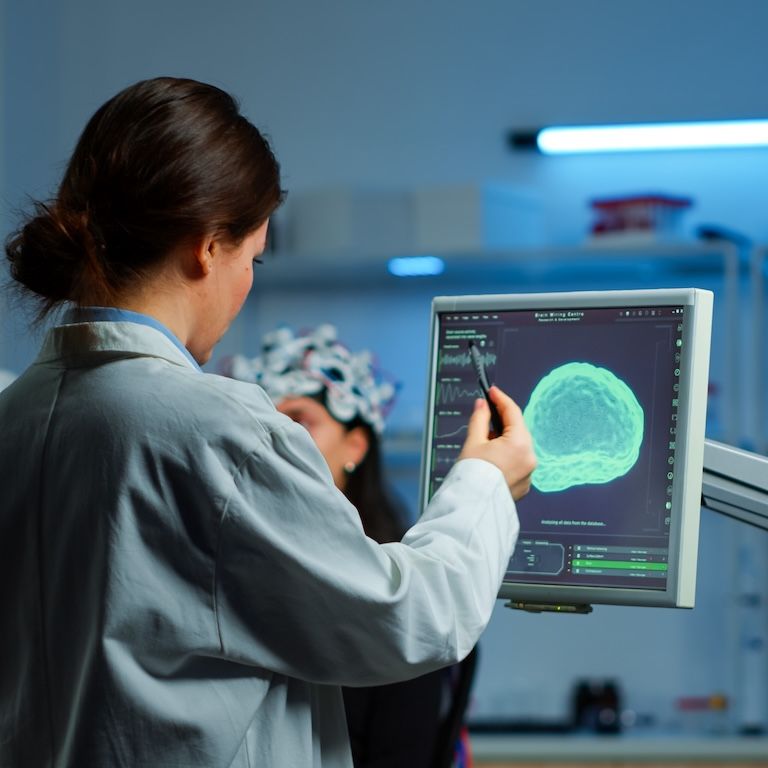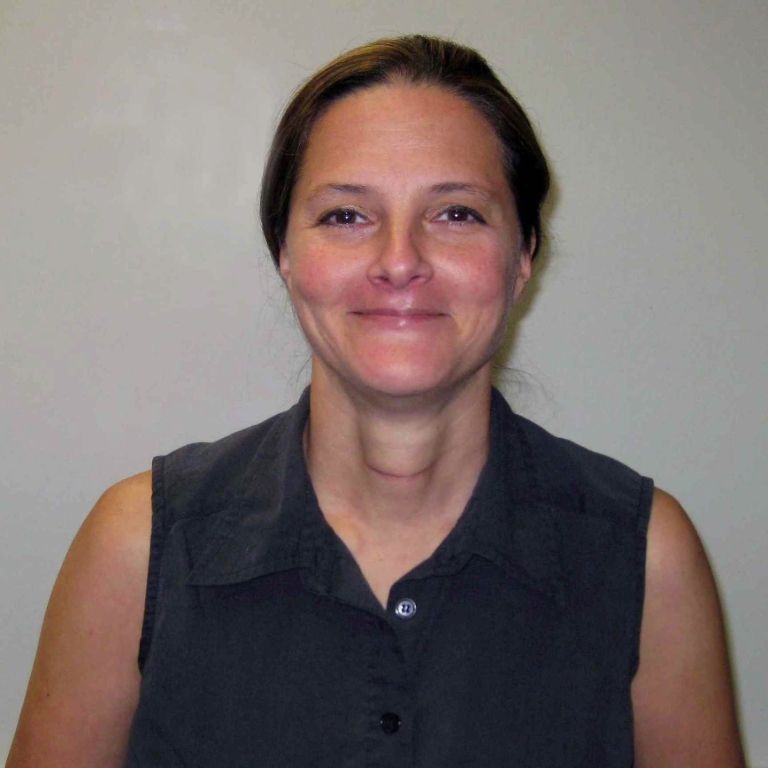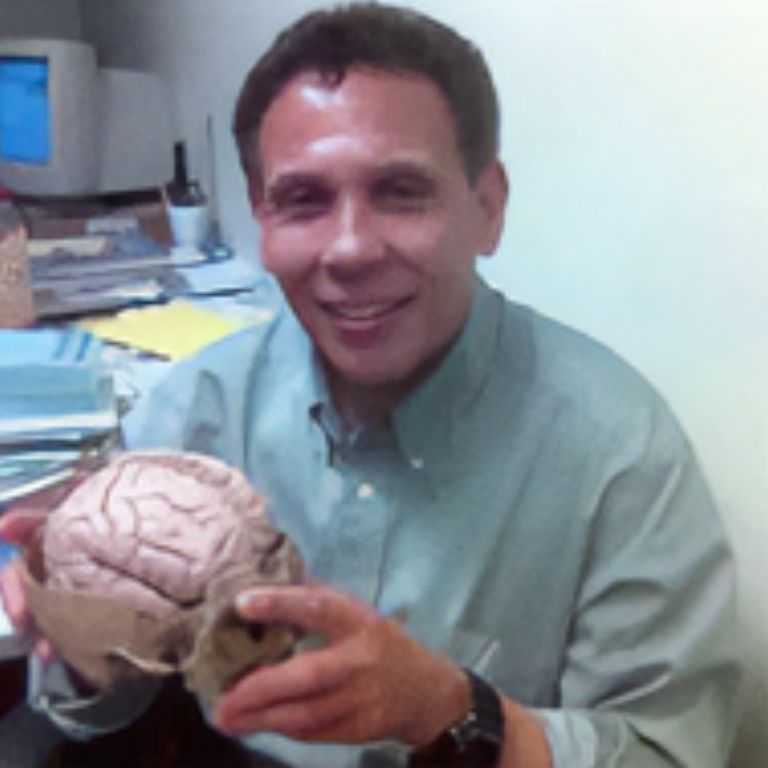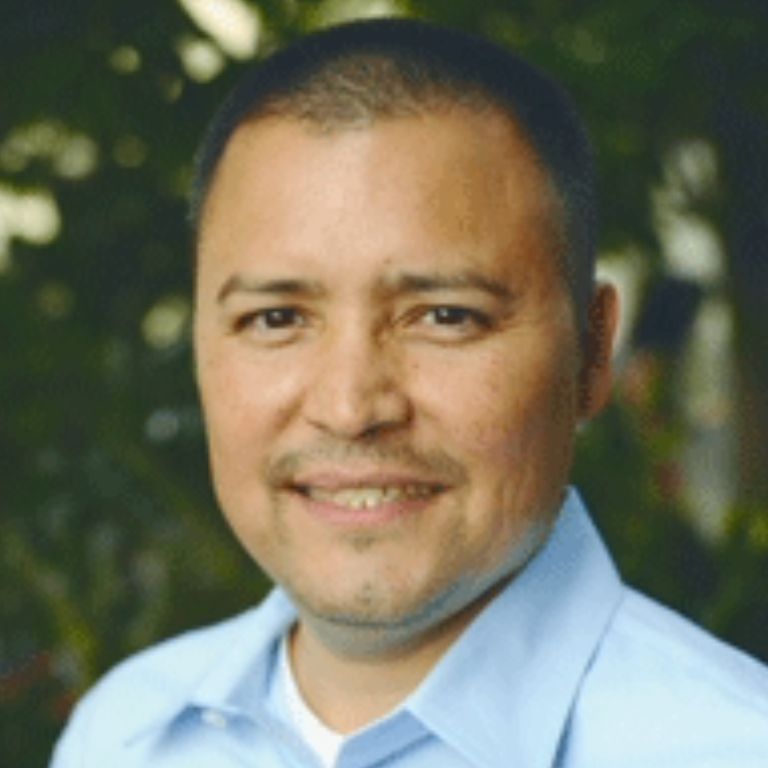Physiological Psychology
Brain and Behavior (3 credits)
Brain structure, function and relation to behavior. Topics include the neural basis of perception, learning and memory, consciousness, motivation, emotion.
Neuroscience (3 credits)
The aim of this course is to introduce you to the biological and physiological aspect of the science of Psychology. Biopsychology is the subarea of Psychology that takes a biological approach to understanding behavior. Biopsychologists study the biological events - genetic, neural, endocrine- that underlie each and every one of our thoughts, feelings, and actions. This course will explore what is currently known about the biological basis of emotional responses, mental illness, sexual behavior, memory, states of consciousness, sensory perception, thought and language, and several neurological disorders.
Physiological Psychology (3 credits)
Neural and endocrine mechanisms involved in learning, emotion, perception and other psychological processes.
Sensation and Perception (3 credits)
Open to declared majors only. Methods, theories and empirical data relating to stimulus detection, encoding and perception as a function of variables including current stimuli and past history.
Behavioral Neuroendocrinology (3 credits)
Research and attitudes about sex-related behavior in human and nonhuman animals emphasizing evolutionary and neuroendoinological processes and social-psychological processes; male-female differences and similarities, therapeutic strategy in sex-behavior pathology and sexual behavior and the law.
Cognitive Neuroscience (3 credits)
The course will address some of the central issues in contemporary cognitive neuroscience, describe old (clinical studies) and new (brain imaging) sources of information, their limitations and their contributions to our understanding of the neural mechanisms of cognition.
Animal Orientation (3 credits)
Finding mates, securing shelter and food, and returning to a familiar home are ubiquitous animal functions which often require complex navigational strategies. This course explores historical attempts to develop an understanding of the role and determinants of these strategies, reviews the complexity of orientation behavior across phyla mediated by simple taxes, landmark orientation, compass orientation, path integration and dead reckoning, and cognitive mapping, discusses sensory control of orientation behavior, including multisensory integration, and sensory modality transposition, reviews tools and models used by researchers of animal orientation, and addresses physiological and molecular bases of selected behaviors.
Laboratory exercises, field observations, visits to colleagues’ laboratories in the metropolitan area, and attending relevant seminars at other institutions (inside or outside CUNY) will complement class room lectures and discussions.
Learn More About This CourseMotivation and Emotion (3 credits)
The question of how behavior is initiated, maintained, directed and terminated. Human and non-human research evaluated.
Behavioral Pharmacology (3 credits)
This course will provide information on the interrelationship of pharmacology and behavior. The relationship of licit, illicit and therapeutic drugs and their use and abuse will be explored in the context of their historical use and biological effects. Topics discussed include an overview of the nervous system, basic psychopharmacology, drug classification and specific drugs such as alcohol, nicotine, narcotics, marijuana, and psychotherapeutic agents.
Current Topics in Biopsychology
Focuses on contemporary knowledge and issues in the scholarly literature in a focused area of biological psychology. Emphases are on interdisciplinary approaches and critical thinking, including links to theoretical, empirical, and applied foundations of the field. Topics vary each term.












